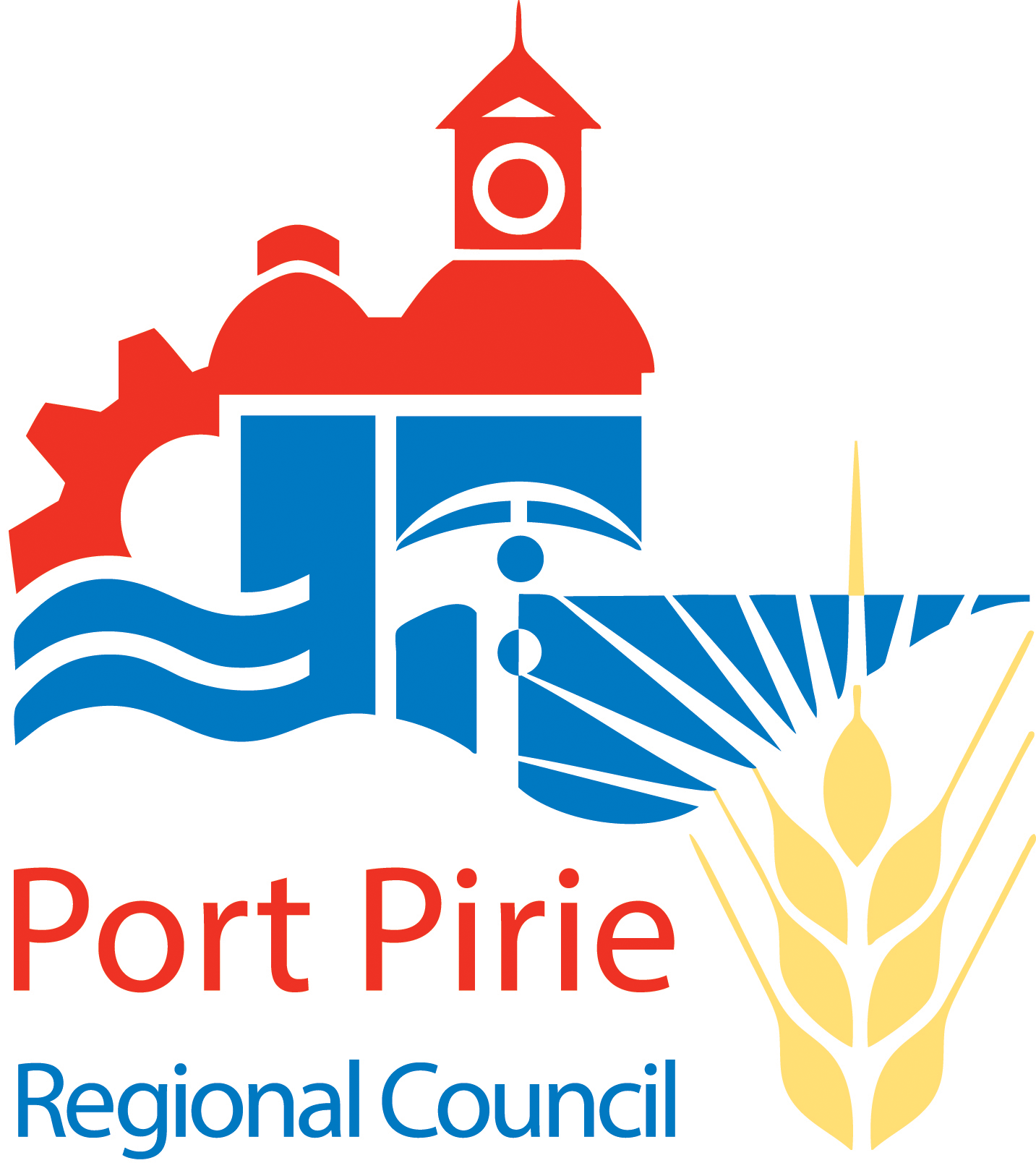Pollution. Air, Noise and Water
Dust Management
Dust control is an important public health issue throughout the Region. From building and construction to farming and recreational activities, airborne dust can cause:
- Health Problems – eyes, ears, and respiratory.
- Environmental Degradation – including air & water pollution.
- Damage or dirty property and belongings.
- Create unsafe working conditions.
- Loss of valuable top-soil
- Increase development cost – through loss of time to clean-up.
- Potential to contaminate air with lead ( in Port Pirie)
TLAP Bus Shelters, Seats, Footpath Cleaning Schedule 2015 (256 kb)
(256 kb)
The benefits of controlling dust emissions include:
To Builders
- Enhanced business reputation
- Better working conditions for staff
- Better relationships with clients & communities
- Better relationships with regulatory authorities
To Owners
- Reduced risk of property damage
- Better relations with future neighbours
- Positive contribution to environmental protection
- Positive contribution to local amenity
To the Community
- Less disruption to everyday living
- Reduced health risks from air pollution
- Reduced risk of damage to property & belongings
- Less cleaning up
To the Environment
- Reduction in air pollution
- Reduction in water pollution
- Reduced erosion
- Reduced impact on natural flora & fauna
Solutions:
- Water Trucks
- Chemical Dust Suppressants
- Silt Fences
- Shade cloth Fences
- Organic Ground Covering Plants
If you have questions about dust management, or are the victim of dust emissions, contact the Environmental Health Officer on 8633 9720.
Wood Smoke
Wood smoke causes health problems, and creates an environmental nuisance for you and your neighbourhood.
Like cars, wood heaters produce air pollution. During winter, wood heaters can produce as much particle pollution as cars.
When wood is burned, small particles are released into the atmosphere as smoke. These particles contribute to the haze sometimes seen on still winter mornings in Adelaide.
Wood smoke contains many different chemicals, some of which are toxic to humans.
When these chemicals are inhaled they cause health problems in young children and the elderly, particularly those with respiratory (breathing) and cardiovascular (heart) illnesses.
Smoke is no joke! Take responsibility for your wood heater. Use it correctly to minimise the harmful effects of smoke pollution in your neighbourhood and save money on running costs.
For detailed information about wood smoke, and what can be done about it, visit the EPA Website.
Noise Complaints
Noise can affect most of us at some time. Noise may become annoying if it intrudes into people's awareness or is heard against their wishes. An introduced noise that disturbs a person's everyday life or working environment can be very annoying or harmful, affecting their wellbeing.
Legislation related to noise, noise controls and noise complaints is administered by the Environment Protection Authority.
Stormwater Pollution
Stormwater is rain that falls on roofs or collects on paved areas like driveways, roads, or footpaths.
This water is carried in a system of pipes that are separate from the sewerage system. The water is untreated and eventually ends up in creeks, rivers and other water catchments and finally in the ocean.
Stormwater pollution can kill plants and animals that live in the water. Such pollution can be divided into three categories:
- Natural pollution including organic material such as leaves, grass clippings and sediment.
- Chemical pollution including detergents, coolant, oil, grease, fertiliser and paint.
- Litter including plastic bags and cigarette butts.
It is an offence under the Environment Protection (Water Quality) Policy to discharge any material into the stormwater system.
The EPA's stormwater management information brochures provide practical advice about how to avoid pollution of stormwater specific to different business activities and around the home.
